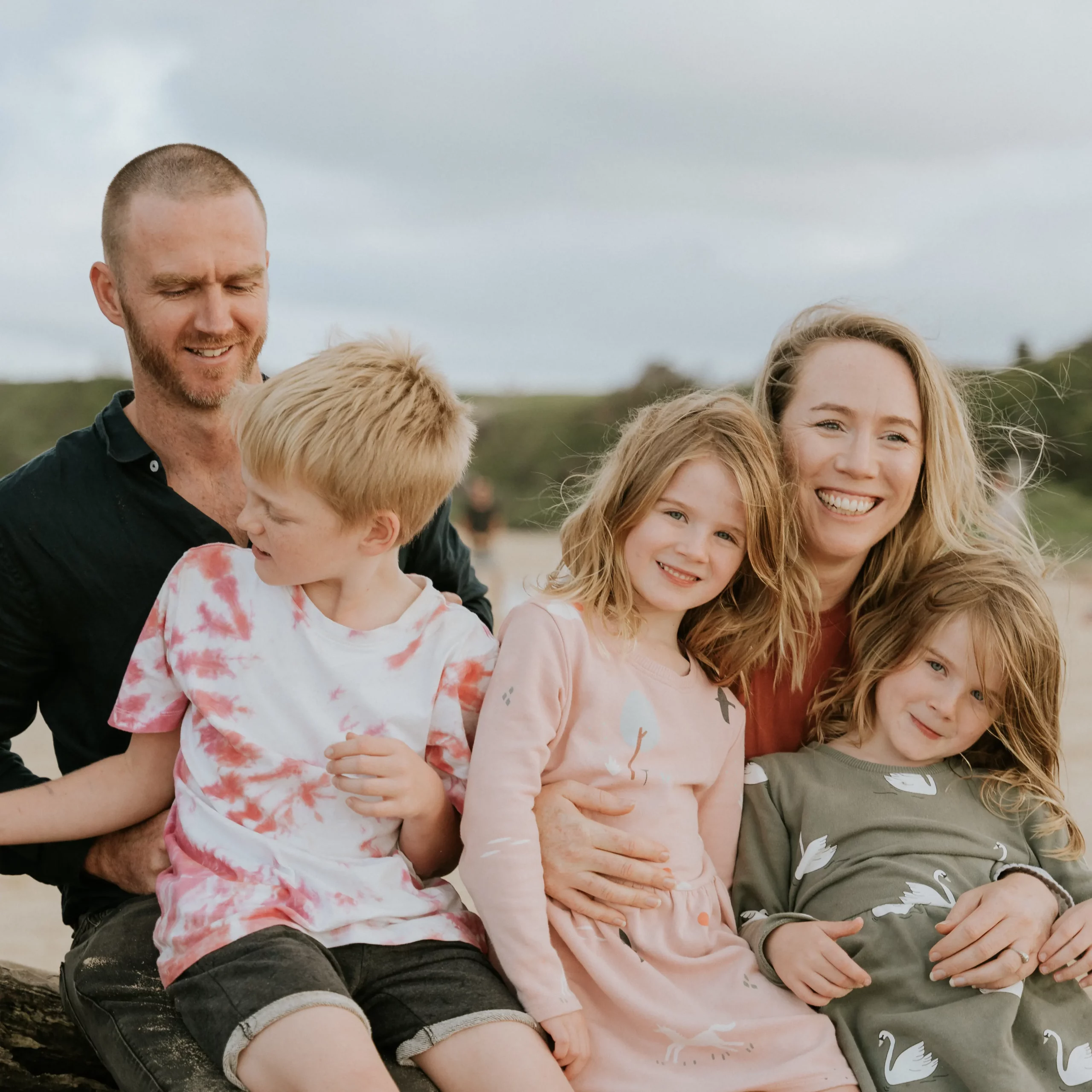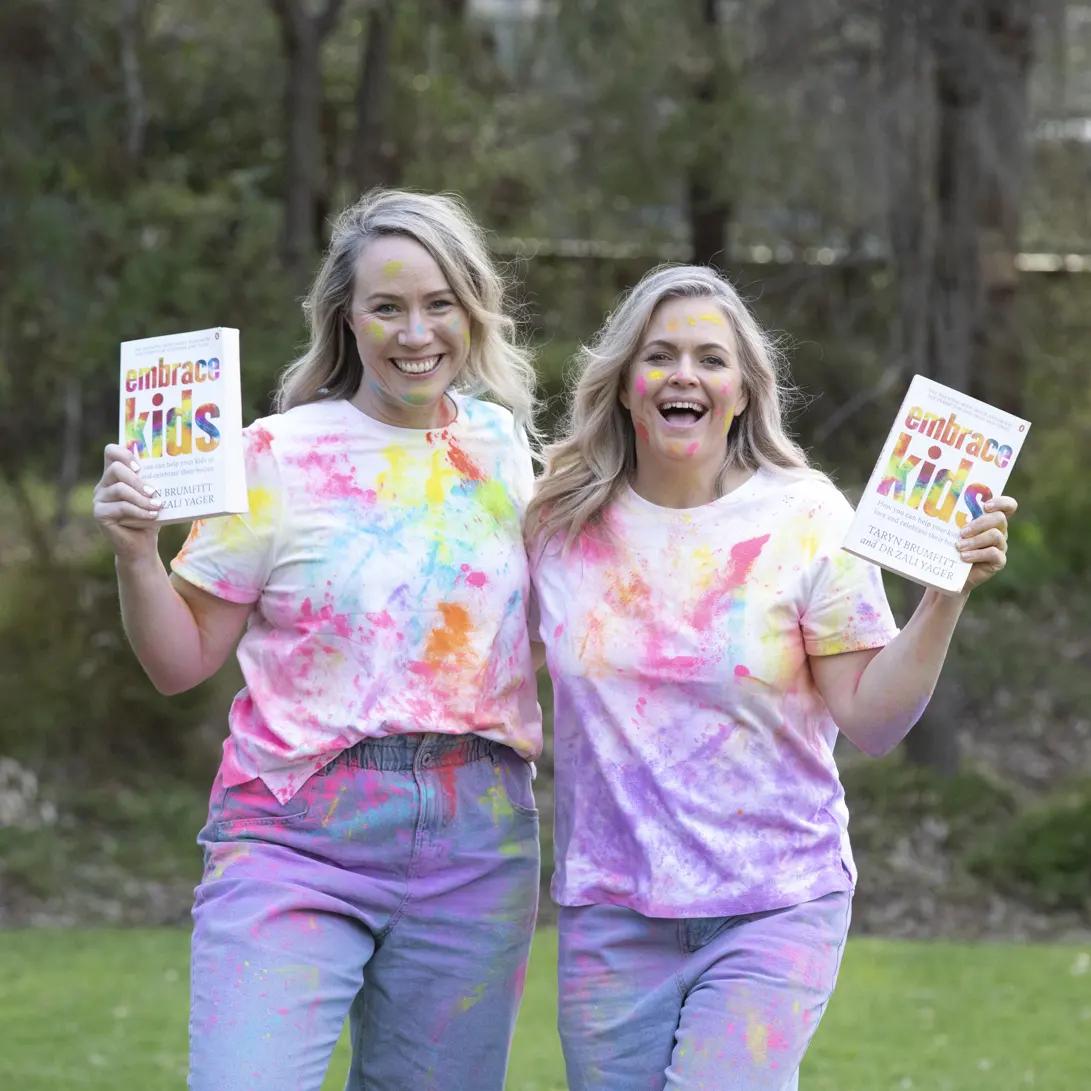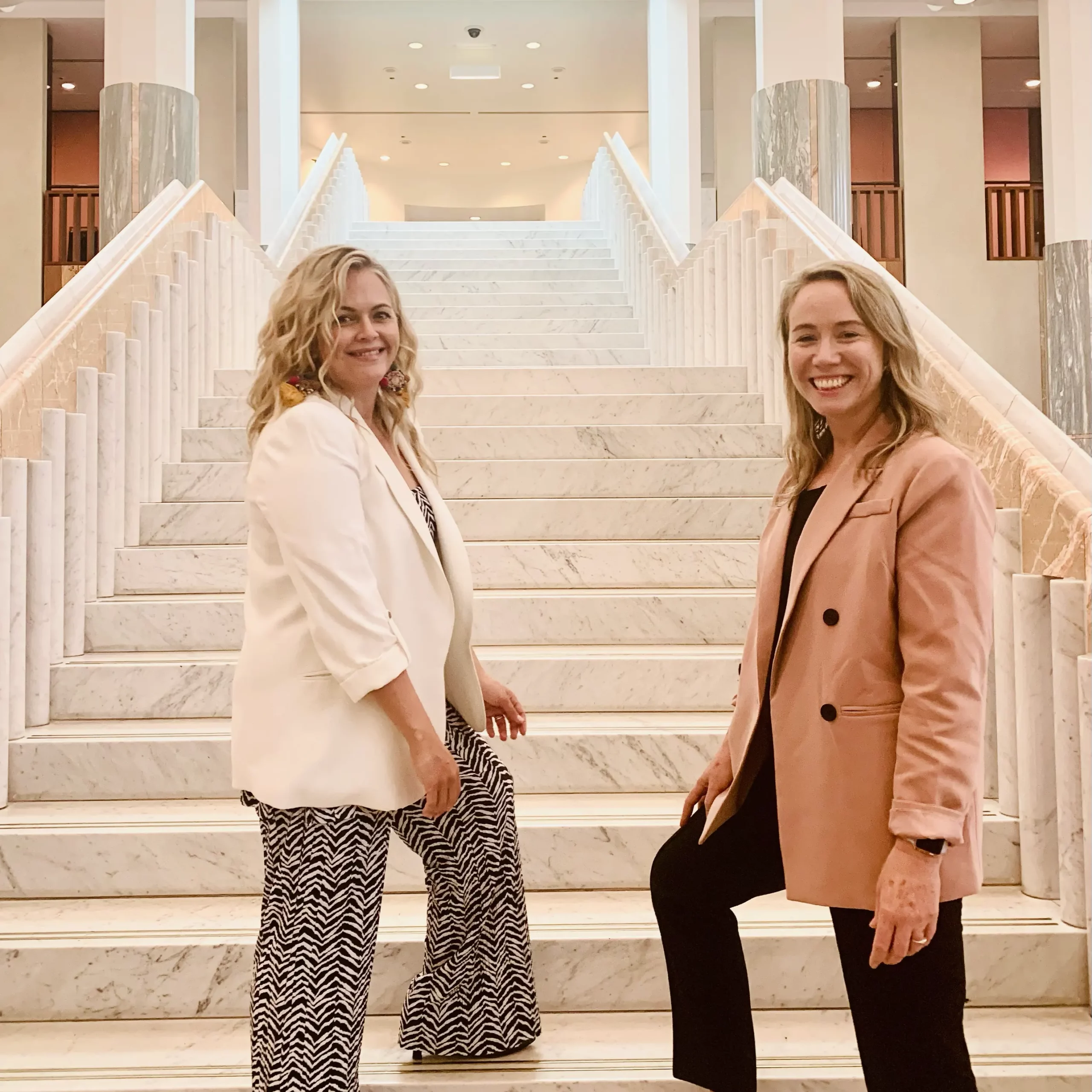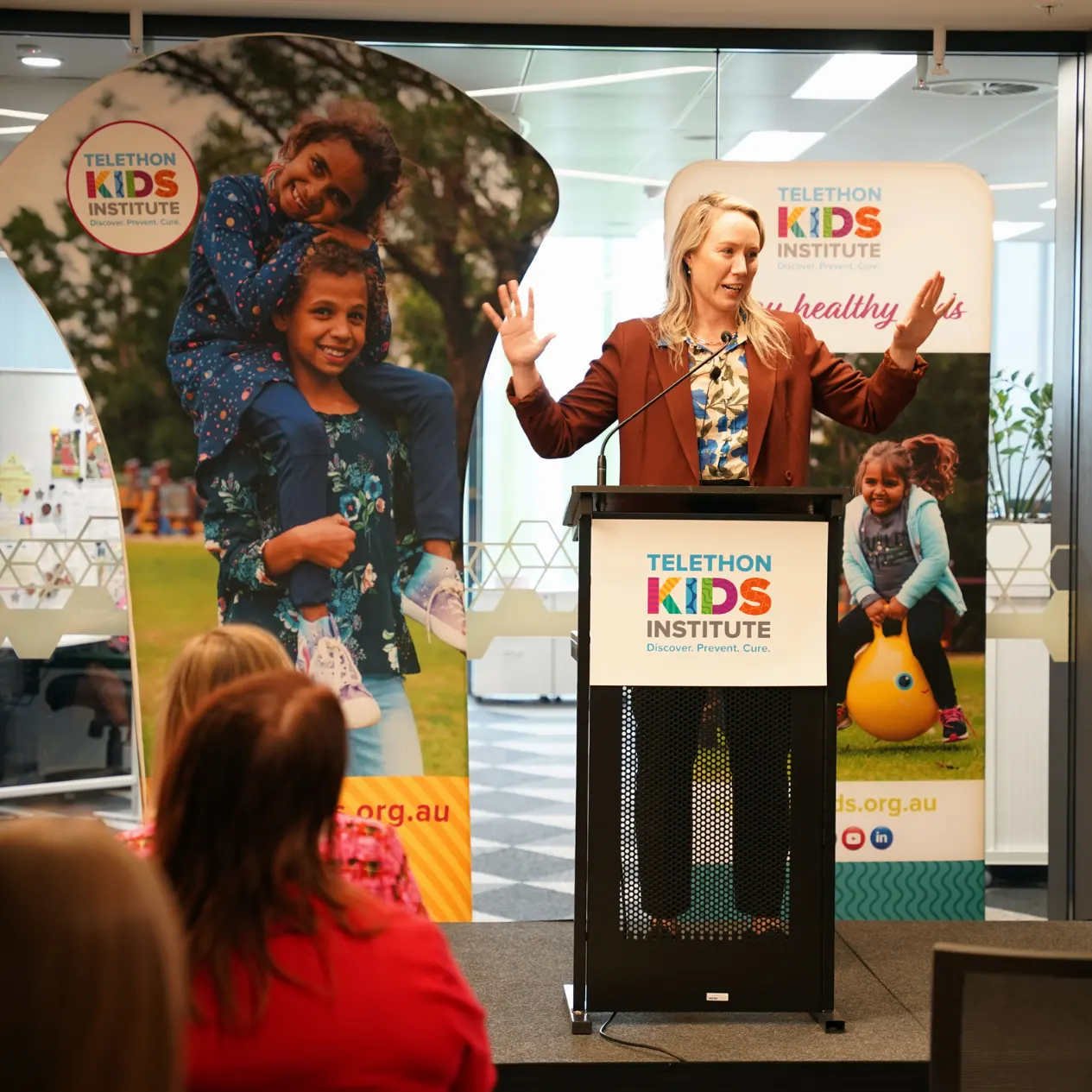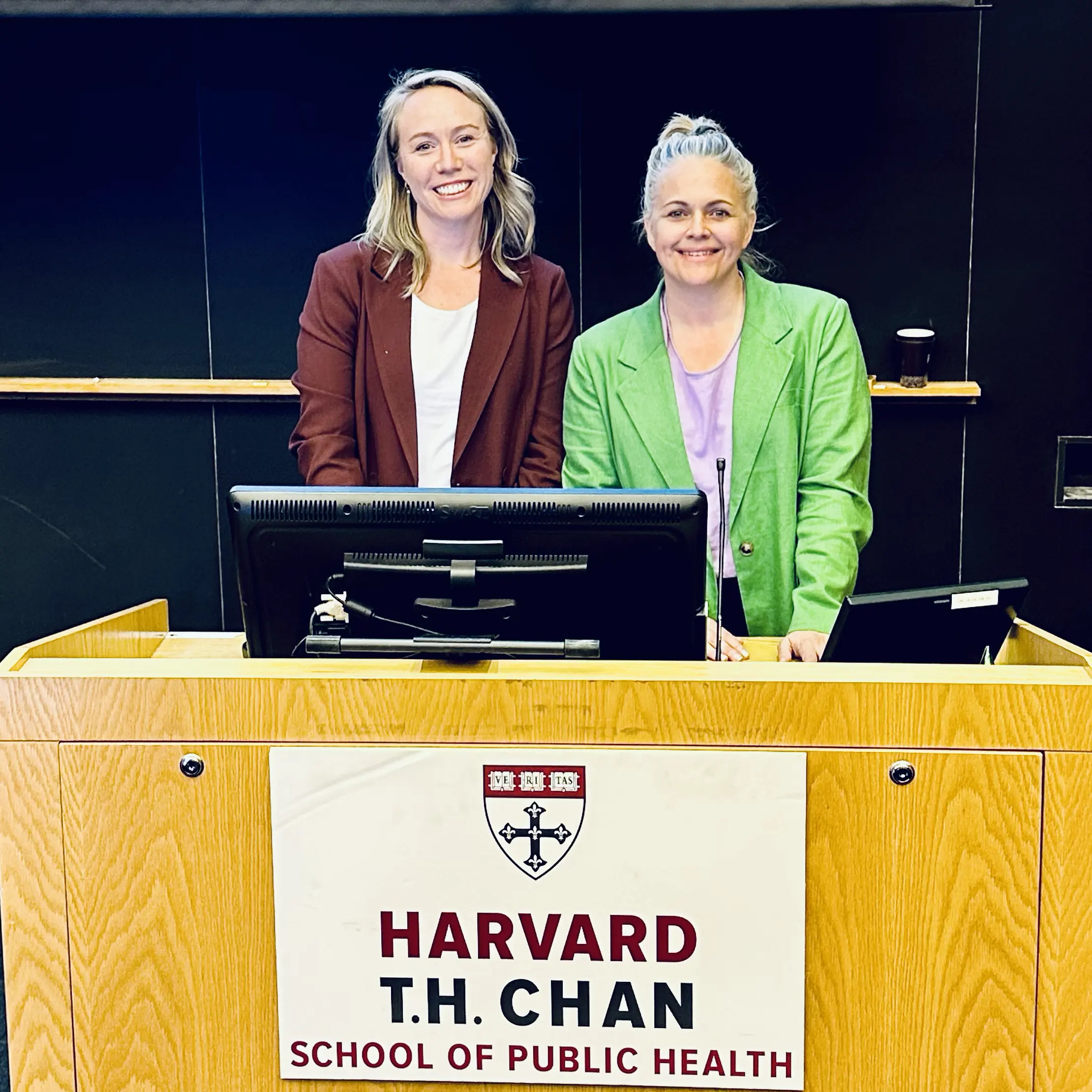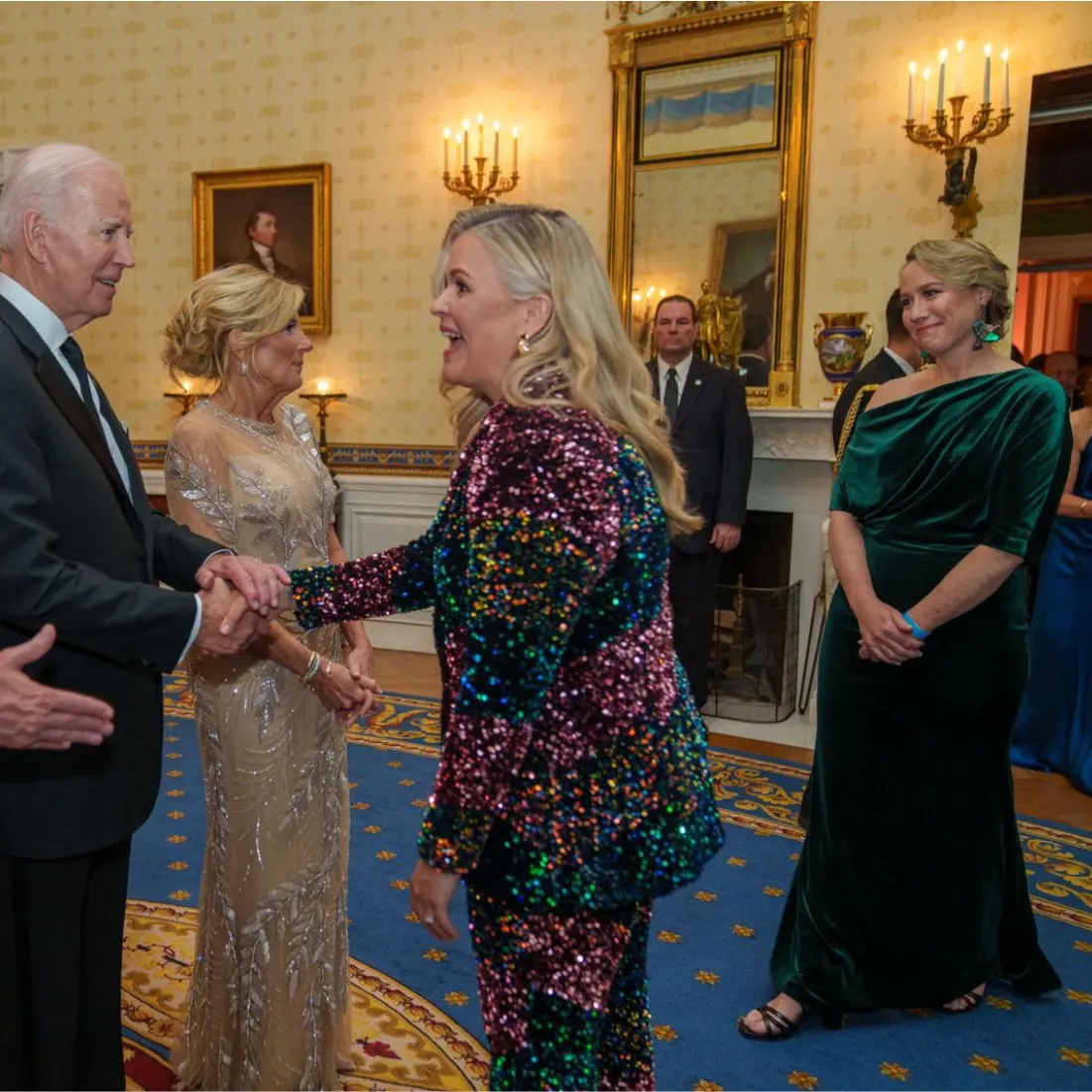Zali is a dynamic force in the realm of body image, serving as the executive director of the Embrace Collective and an adjunct associate professor at the Institute for Health and Sport at Victoria University. With over 18 years of experience in academia, Zali founded The Embrace Collective alongside the 2023 Australian of the Year, Taryn Brumfit. Her mission? To translate research knowledge into evidence-based programs that engage and inspire people to feel better about their bodies and appearances.
Her journey has been marked by notable achievements, including a 2021 Westpac Social Change Fellowship, a Creswick travelling fellowship to Harvard University, and a Leverhulme Postdoctoral Visiting Fellowship at the Centre for Appearance Research in the UK in 2011.
Zali has presented all over the world, invited to share her research expertise and impact insights at the Strategic Training and Research Initiative for the Prevention of Eating Disorders [STRIPED] at the Harvard School of Public Health in Boston; and the Eating Disorders Unit in the Institute of Psychiatry at King’s College London. Zali’s background in Health and PE Education, coupled with her extensive experience in teacher education, means that she is the go-to expert for body image in schools, as well as body image in postpartum.
In addition to her professional commitments, Zali is a mum of three, including twins. She embraces life’s simple pleasures — coffee, sunshine, wine, and sweet treats, in that order throughout the day. She’ll “do anything for good ice cream”, and when she’s not working, you’ll find her at the beach.
Zali’s story
Zali’s earliest memories of her body were that “it was bigger than everyone else’s”. She recalls having a bath with her best friend when they were nine years old and feeling shame about the difference in their bodies. “I swallowed those feelings and internalised the shame, but it seemed to be reinforced everywhere. None of the clothes at the shops fitted my body shape, and none of the popstars on TV looked like me,” Zali says.
An offhand remark from her great-grandfather about Zali “getting fat” when she was around eleven also impacted her greatly. And her journey into adolescence amplified the negative messages, leading her to start using her mum’s book on calorie counting. As her body began to change, her behaviour was reinforced by the flood of praise from friends for losing weight.
“I know now that my ‘healthy eating’ was actually disordered eating. As I moved through university, I became fascinated by body image and eating disorders, and obsessed with figuring out why I might have had the experience that I had,” Zali says.
Having her own children further highlighted to Zali that women were constantly exposed to harmful messages about needing to change their bodies.
“I don’t share my story because I think it’s unique, but because it’s universal. So many women struggle with their body image when they are young and believe they are only valuable to the world based on what they look like. So many women experience disordered eating in ways that aren’t captured in statistics and prevalence rates, but in ways that impact the voices in their head for a lifetime. So many women think that they are fine with how they look, but unravel when they see a photo of themselves,” Zali says.
She acknowledges these feelings often impact men as well, and that if we want to create a safer, kinder world for our kids, it’s going to take collective change.
A moment of clarity
Despite Zali’s impressive credentials, which include over 80 academic publications and two books, Zali felt her research wasn’t reaching the people who needed it most. “I got frustrated by the fact that this work never got out to the people who could use it,” she reflects. This realisation propelled her to create accessible products and resources instead of writing papers that would only be read by fellow researchers.
Two pivotal moments shaped Zali’s path. The first occurred while she was on a bus to an event, casually chatting with a man about her work in body image research during the postpartum period, and the man confided in Zali that his wife was struggling.
“At the time, I was like: ‘Well, I could send you my systematic review (a very ‘sciencey’ journal article with very little practical focus!)’. That was really one of the key moments that led me to want to create products and resources rather than writing papers for other researchers to read,” Zali says.
The second moment came when Zali attended a screening of the film Embrace. She was initially hesitant, as she felt watching a body image film during maternity leave might feel too much like work, but she quickly found herself moved by the experience.
“At the end of the film, when I was crying, my Mum was crying, and every other woman in the place was also crying, I thought: ‘Well, that packed-out film just did more than what all of our research interventions ever have’”.
Inspired, Zali reached out to Taryn, offering to do a research evaluation of the film with her colleagues. “I could see the powerful impact, but the researcher in me wanted to know if the film led to sustained change. The research found that Embrace had changed women’s attitudes and behaviours in relation to their bodies — and many had gone on to influence their children, students, and others as well. It was pretty profound for a lot of women,” Zali says.
From there, this powerful collaboration grew stronger. “Taryn and I kept in touch, and when she was going to make a film for kids, I knew we had to get the research involved,” she shares.
Zali gathered existing research on young people and body image, creating key messages that still resonate in their current programs. Despite the challenges of filming during Covid, Zali knew they were creating something extraordinary, saying: “The process of seeing it all come together was truly magical. I still cry at certain moments when I watch that film.”
Zali’s passion is fuelled by a desire to change the narrative around body image, ensuring that future generations don’t experience the same shame. “So much progress can be made by making a relatively small shift to focus more on functionality and on who we are and what we do rather than what we look like,” she believes. “There are so many things that make us feel so much shame about our bodies. But it doesn’t have to be this way. And I’m convinced we can change things for our kids and the next generation.”
Her focus on health rather than weight is evident in her advocacy for curriculum change, exemplified by the #ByeBye BMI movement. Zali has expanded her reach by consulting with various sectors, including fashion, film, corporates, and healthcare, aiming to create impactful change.
While Zali is humble about her role, her dedication to innovative ideas and knowledge translation ensures that her impact will resonate far and wide, fostering a world where everyone can embrace their bodies without shame.
For more on Zali, go to www.instagram.com/drzaliyager
